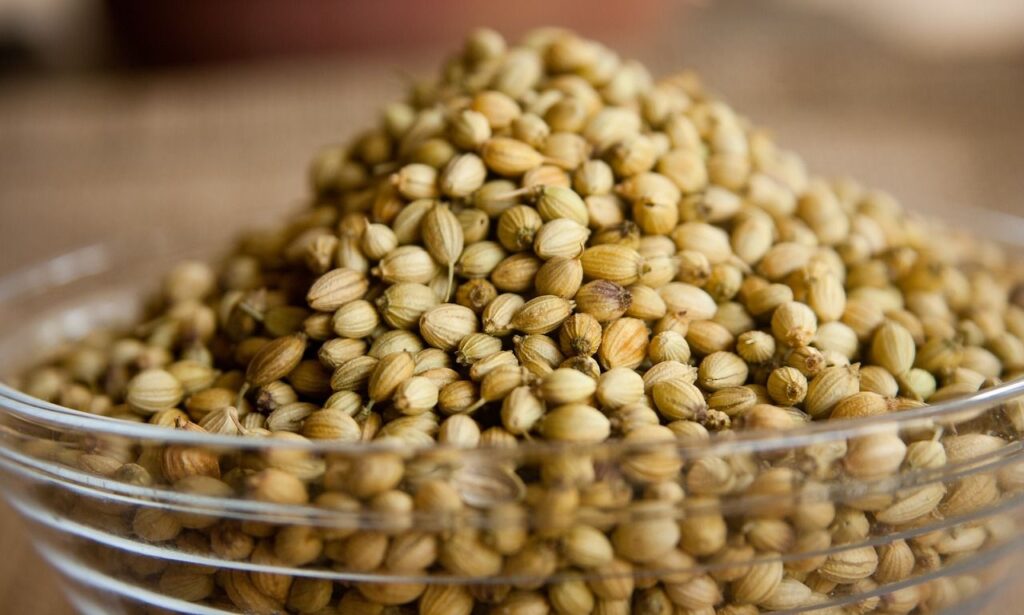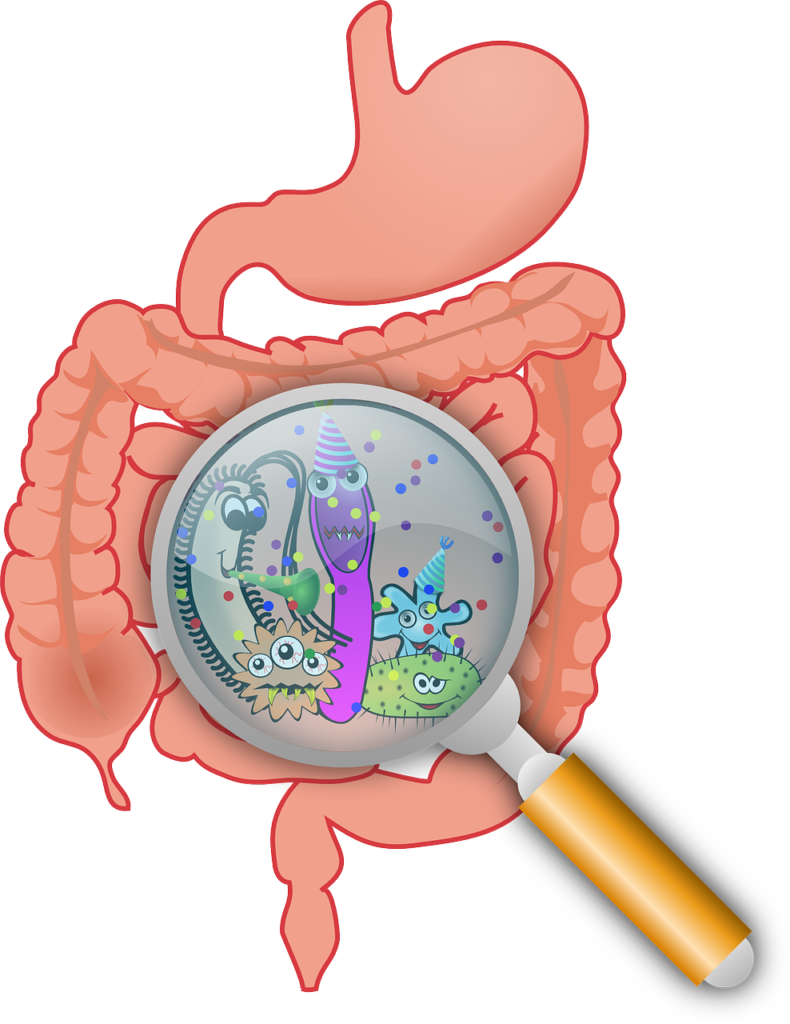In today’s world, we increasingly crave and consume fast food. We consume these fast foods without realizing that they cause diseases quickly and force many to seek medical attention. As a result, many suffer from symptoms such as indigestion, dyspepsia, loss of appetite, vomiting, and nausea.
Siddha medicine states that if excess bile (bile) mixes with blood, it can lead to jaundice. Nature has given us the coriander plant to reduce this bile. It also has the name ‘coriander‘. Botanical Name is Coriander sativm.
Agathiyar in his ‘Gunavagadam’ says,
‘கொத்துமல்லி கீரையுண்ணிற் கோர அரோசகம் போம், பித்தமெல்லாம் வேருடனே பேருங்காண்’
“Coriander seeds reduce bile; cool the stomach; relieve constipation; increase urination; dissolve phlegm; increase body heat; cure chest diseases; cure eye diseases; reduce fever; cure malaria; break poison; relieve unconsciousness; cleanse blood; reduce body heat; heal stomach ulcers; heal mouth ulcers; heal bone fractures quickly; increase physical strength”.

Coriander, also known as cilantro, is a popular herb and spice used in cooking. It is a staple in both vegetarian and non-vegetarian dishes, and it is known for its ability to enhance the flavor and aroma of food.
Coriander is also known for its many health benefits. It is a good source of vitamins A, B, and C, as well as calcium, iron, and fiber. Coriander has also been shown to boost the immune system, lower cholesterol, improve skin health, aid digestion, regulate blood sugar levels, and promote bone health.
Nutritional Profile:
100 grams of coriander leaves contain:
2 grams carbohydrates
4 grams protein
0.7 grams fat
146 mg calcium
5.3 mg iron
4.7 grams fiber
24 mg vitamin C
635 mg vitamin A
Health Benefits:
- Boosts Immunity: The high vitamin C content of coriander leaves strengthens the immune system, protecting the body from infections and illnesses.
- Lowers Cholesterol: Coriander leaves contain compounds that help reduce LDL (bad) cholesterol, promoting heart health.
- Promotes Skin Health: Vitamin C and antioxidants in coriander leaves protect the skin from free radical damage, keeping it healthy and radiant.
- Aids Digestion: Coriander leaves stimulate digestive enzymes, enhancing digestion and alleviating digestive issues like bloating, diarrhea, and indigestion.
- Regulates Blood Sugar: Coriander leaves help regulate blood sugar levels, reducing the risk of diabetes.
- Strengthens Bones: Calcium and vitamin K in coriander leaves contribute to strong bones and teeth.
- Detoxifies the Body: Coriander’s anti-inflammatory and antioxidant properties help remove toxins from the body.
- Kills Bacteria: Coriander has antimicrobial properties that combat harmful bacteria, preventing food spoilage and reducing the risk of foodborne illnesses.

Traditional Uses:
In addition to its culinary applications, coriander leaves have been traditionally used in various remedies:
- Coriander-Ginger Tea: A decoction of coriander seeds and ginger is a popular remedy for digestive issues and nausea.
- Coriander Poultice: A paste made from coriander leaves can be applied topically to soothe skin irritations and reduce inflammation.
- Coriander Mouthwash: Rinsing with coriander water can freshen breath and promote oral health.
Conclusion
Incorporate coriander leaves generously into your diet to reap their numerous health benefits. Coriander seeds are believed to stimulate Agni and aid digestion. They can be chewed whole, roasted and powdered, or added to buttermilk for a cooling and digestive drink.Enjoy them fresh in salads, chutneys, and curries, or add a touch of flavor and nutrition to your meals with coriander.

Notes: The content provided in this article is purely for informational and educational purpose only. Please consult a chiropractor before any self-medication

Dr. Augastina B.S.M.S., PGDY, is a passionate Siddha Doctor with a heart of gold. She believes in healing one step at a time. In her writing, you’ll find not just knowledge, but genuine care and a holistic approach to health and well-being.

